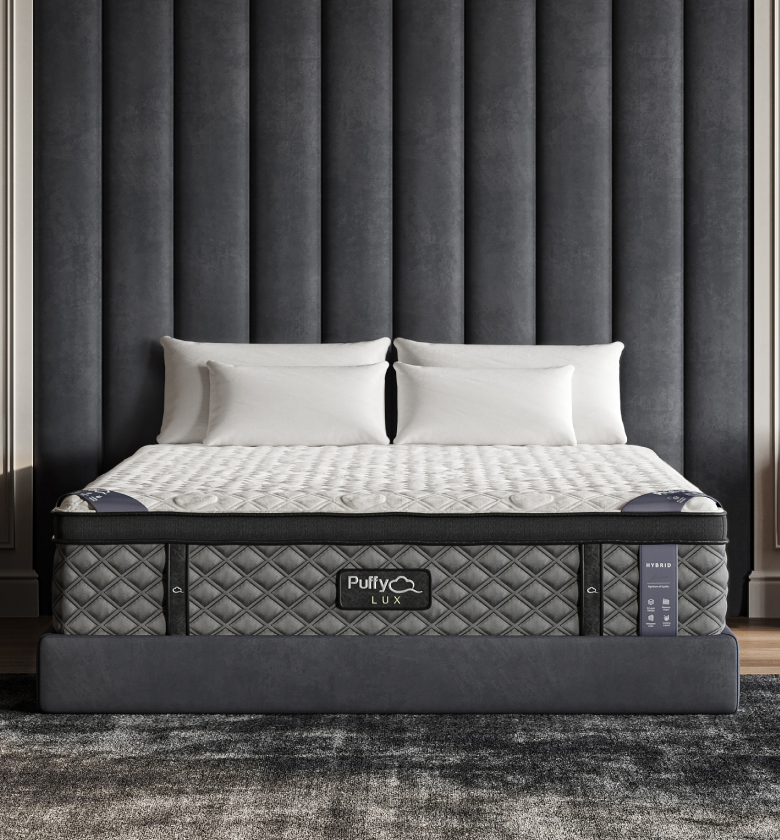Key Takeaways
- Placing a bar of soap under your pillow is often associated with remedies for leg cramps, better sleep, and stress relief.
- The practice has gained popularity as a natural alternative for alleviating nighttime discomforts.
- While scientific evidence is limited, many swear by its benefits, citing relaxation and improved sleep quality.
Curious about why put a bar of soap under your pillow?
This age-old trick has intrigued many with its potential benefits, from relieving leg cramps to promoting restful sleep.
Let’s explore the reasons behind this unusual practice and whether it might work for you.
What Does Soap Under Your Pillow Do
The idea of placing a bar of soap under your pillow stems from various home remedies and folk practices.
Common Beliefs About Soap Under the Pillow
-
Relieves Leg Cramps
Some believe the fragrance or composition of soap may help reduce muscle cramps during sleep. -
Improves Sleep Quality
The pleasant scent of certain soaps, like lavender or chamomile, can promote relaxation and better sleep. -
Reduces Stress
The calming aroma of soap might lower stress levels, creating a peaceful bedtime atmosphere.
Potential Mechanisms
- Electrostatic Effects: Some proponents suggest that soap’s minerals may interact with the body to ease cramps.
- Aromatherapy: Scented soaps can have calming effects similar to essential oils.
- Placebo Effect: The belief that it works may contribute to perceived benefits.
Why Put Soap Under Your Pillow
The reasons for placing soap under your pillow vary, but many revolve around comfort and relaxation.
Benefits of Soap Under the Pillow
-
Natural Leg Cramp Relief
While not scientifically proven, many claim that soap’s presence reduces nighttime leg cramps. -
Promotes Relaxation
Scents like lavender or eucalyptus can create a calming sleep environment. -
Cost-Effective Remedy
It’s an inexpensive alternative to other sleep aids or muscle relaxants. -
Eases Restlessness
Those with mild insomnia may find the soothing scent of soap helps them fall asleep faster.
How to Choose the Right Soap
If you want to try this remedy, choosing the right soap is key to maximizing its benefits.
Types of Soap to Consider
-
Lavender Soap
Known for its calming properties, lavender is a popular choice for promoting relaxation. -
Eucalyptus Soap
Helps clear sinuses and adds a refreshing scent to your sleeping environment. -
Unscented Soap
For those sensitive to fragrances, unscented soap still provides the potential benefits without overwhelming scents. -
Natural and Organic Soaps
Avoid synthetic additives and opt for natural soaps to reduce exposure to irritants.
Tips for Placement
- Wrap the soap in a soft cloth or pillowcase to prevent direct contact with your skin.
- Replace the soap every 1–2 months as it loses its scent over time.
Pairing the calming benefits of soap with a Puffy Lux Mattress provides the ultimate sleep setup, ensuring comfort and support throughout the night.
Comparing Soap Under the Pillow with Other Remedies
| Remedy | Benefits | Considerations |
|---|---|---|
| Soap Under Pillow | Natural, affordable, easy to try | Limited scientific backing |
| Essential Oils | Proven aromatherapy benefits | Requires diffusers or application |
| Stretching | Relieves muscle tension | Requires time and effort |
Does Science Support This Practice
While anecdotal evidence supports the idea of soap under the pillow, scientific research is limited. Many users report benefits, such as reduced leg cramps and improved sleep, but these claims remain largely subjective and vary widely. Despite the lack of concrete studies, the practice continues to thrive due to its perceived psychological and environmental benefits.
The Placebo Effect
- Belief-Driven Relief: Many benefits reported by users may result from the placebo effect, where belief in the remedy’s effectiveness triggers perceived relief.
- Psychological Impact: Simply believing that the soap will work can create a calming psychological response, reducing discomfort or aiding sleep.
Lack of Peer-Reviewed Studies
- No Conclusive Evidence: Comprehensive studies proving the effectiveness of this practice are lacking.
- Anecdotal Nature: Most evidence comes from personal testimonials, which are subjective and difficult to measure scientifically.
- Limited Research Interest: Remedies like this are often overlooked by researchers due to their unconventional nature and lack of measurable outcomes.
Tips for Better Sleep and Relaxation
-
Create a Bedtime Routine
- Establish a consistent routine with calming activities like reading, light stretching, or listening to soft music.
- This signals your body to prepare for sleep, making it easier to fall and stay asleep.
-
Use Comfortable Bedding
- Invest in a supportive mattress and soft pillows to enhance sleep quality.
- Proper bedding ensures spinal alignment and reduces restlessness during the night.
-
Incorporate Aromatherapy
- Combine the soothing scent of soap with essential oils like lavender or chamomile for added relaxation.
- Scents have proven calming effects and can help reduce stress while creating a tranquil sleeping environment.
By adding these practices to your nightly routine, you can maximize the chances of restful, uninterrupted sleep.
Combining this practice with a supportive sleep surface like a Puffy Royal Mattress helps create an ideal environment for relaxation and recovery.
Frequently Asked Questions
Can Soap Under the Pillow Cure Leg Cramps?
There’s no scientific evidence to confirm this, but many find relief through this remedy.
How Long Should Soap Be Left Under the Pillow?
You can keep the soap under your pillow indefinitely, but replace it every 1–2 months for maximum scent.
What Soap Works Best?
Lavender, chamomile, or eucalyptus soaps are popular choices due to their calming scents.
Conclusion
Understanding why put a bar of soap under your pillow reveals an intriguing home remedy for better sleep and relaxation.
While scientific support is limited, the practice’s affordability and anecdotal success make it worth a try.

- 8 layers of cloudlike luxury.
- Medium-plush feel.
- Gel-infused cooling.
- 101-night sleep trial.












